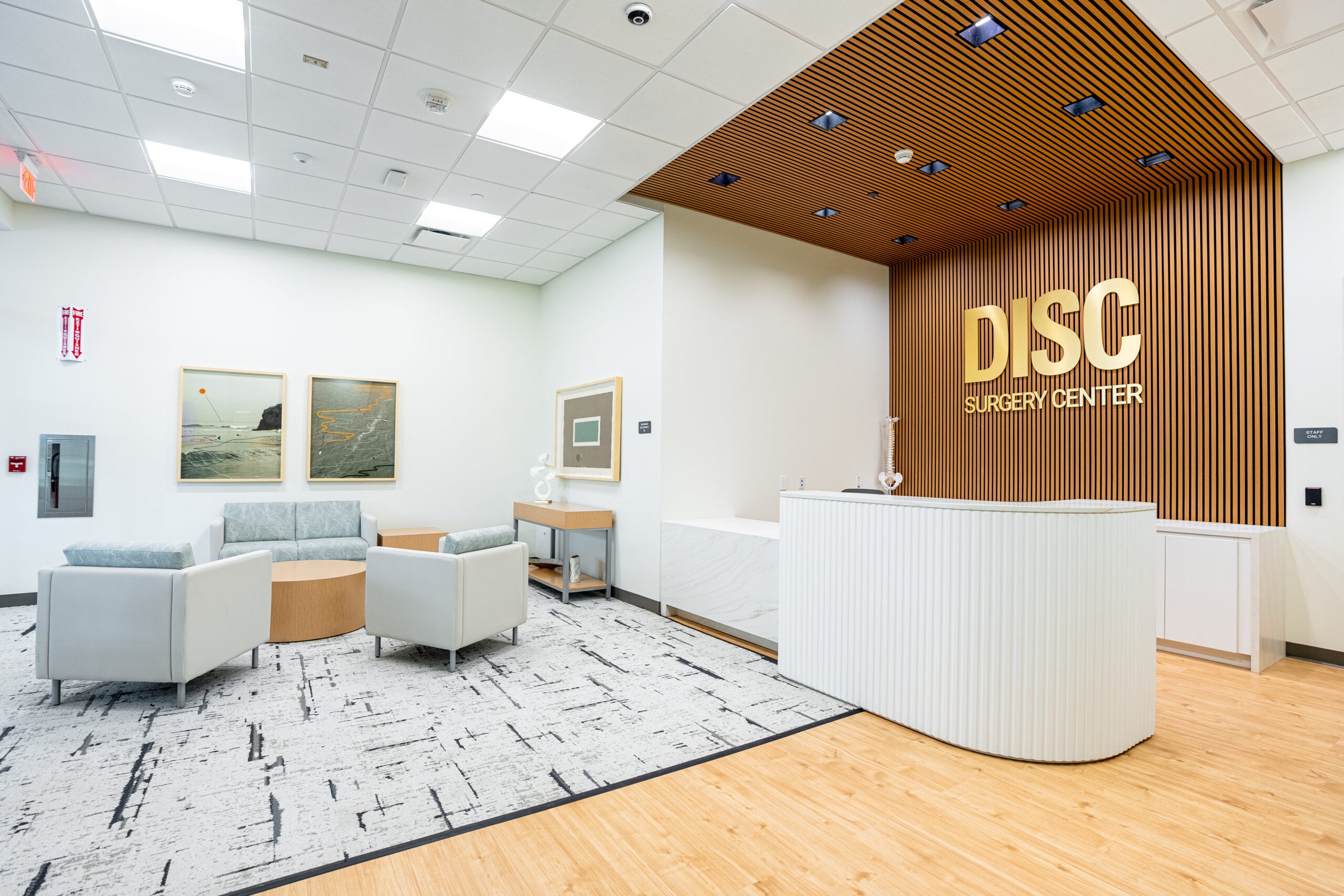
Editor's Note Sports medicine surgical procedures for Medicare patients cost significantly less in ambulatory surgery centers (ASCs) compared with hospital outpatient departments (HOPDs), according to a study published by the Orthopaedic Journal of Sports Medicine on August 29. Researchers analyzed Medicare Procedure Price Lookup data for 62 commonly billed outpatient…

Editor's Note Bariatric surgery delivers greater weight loss and lower long-term costs than GLP-1 medications, Ambulatory Surgery Center News September 18 reports. A new JAMA Surgery study of more than 30,000 patients found that surgical patients lost nearly three times as much weight as those on medication while generating meaningful…

Editor's Note Allowing older surgical patients to keep dentures, glasses, and hearing aids until anesthesia and restoring them immediately afterward significantly lowered postoperative delirium (POD) rates, according to a study published in BMC Geriatrics on August 30. The prospective before-and-after trial followed patients aged 70 and older undergoing hip fracture…

Growth is the goal in any ASC—growth in volume, growth in profits, and often growth to new locations. For DISC Surgery Centers, which just opened its sixth ambulatory surgery center (ASC) through parent company TriasMD, that growth has been the result of many factors. A key driver, according to Frank…

Editor's Note Innovation is transforming surgical care faster than most institutions can keep pace, but leaders must distinguish between investments that advance patient care and those that add cost without meaningful benefit. That is the central message from a September 8 Harvard Medical School article featuring insights from Jon O.…

Editor's Note Artificial intelligence (AI) is poised to overhaul drug development, with DeepMind CEO Demis Hassabis predicting that discovery timelines could shrink from more than a decade to just months. In a September 13 article from the Times of India, Hassabis described how AI models can identify drug candidates faster,…

Editor's Note Startups selling artificial intelligence (AI) tools to hospitals are putting money on the line, offering guaranteed returns in a bid to win business from Epic and other entrenched vendors, Modern Healthcare September 16 reports. Several AI companies are reportedly restructuring their pricing strategies to reassure buyers and prove…

Editor's Note One in 10 older adults and one-third of the highest risk patients are discharged to post-acute care facilities after major surgery, driving up costs and worsening outcomes. According to the American College of Surgeons (ACS) in an August 25 release on a Journal of the American College of…

Editor's Note Artificial disc replacement (ADR) in the cervical spine can be performed safely, efficiently, and cost-effectively in outpatient/ambulatory surgery centers (ASCs), Ortho Spine News July 31 reports. The article details research from Steven J. Girdler, MD, of DISC Surgery Center, who reviewed 6 years of data from 1,043 patients…

Ambulatory surgery centers (ASCs) are taking on more high-acuity, same-day procedures than ever before. This growth is driven by evolving clinical protocols, cost-conscious reimbursement strategies, and expanded capabilities in outpatient care. Specialties like orthopedics, spine, ophthalmology, and cardiovascular care are moving more complex cases—and the implants that come with them—out…